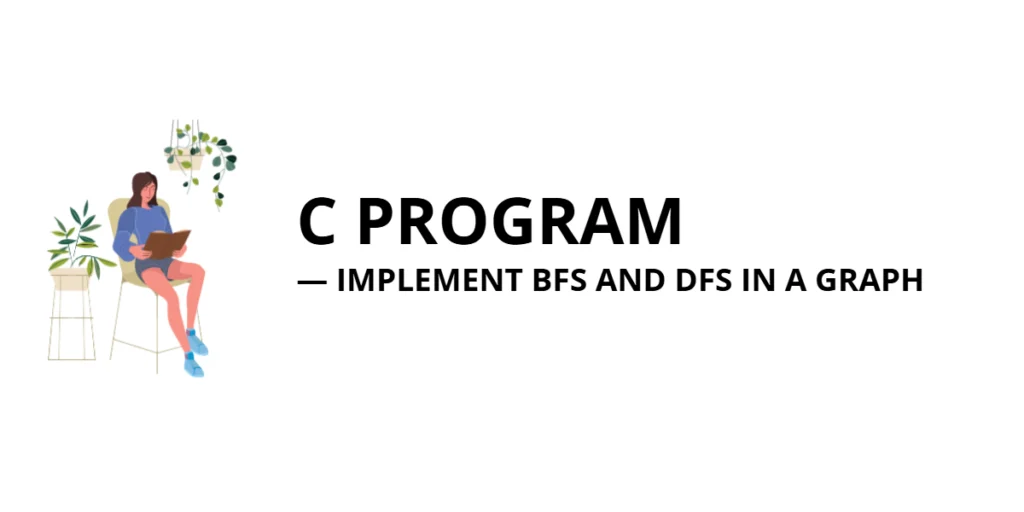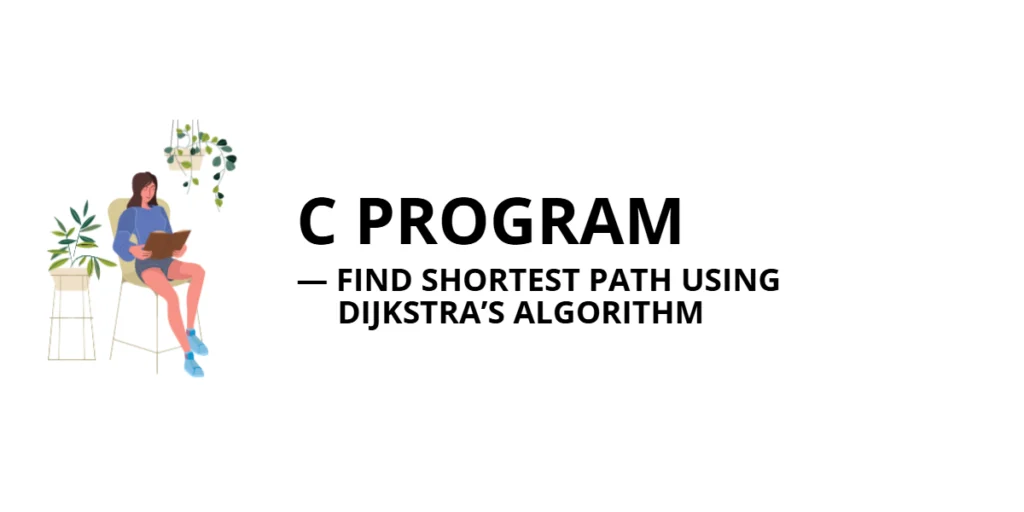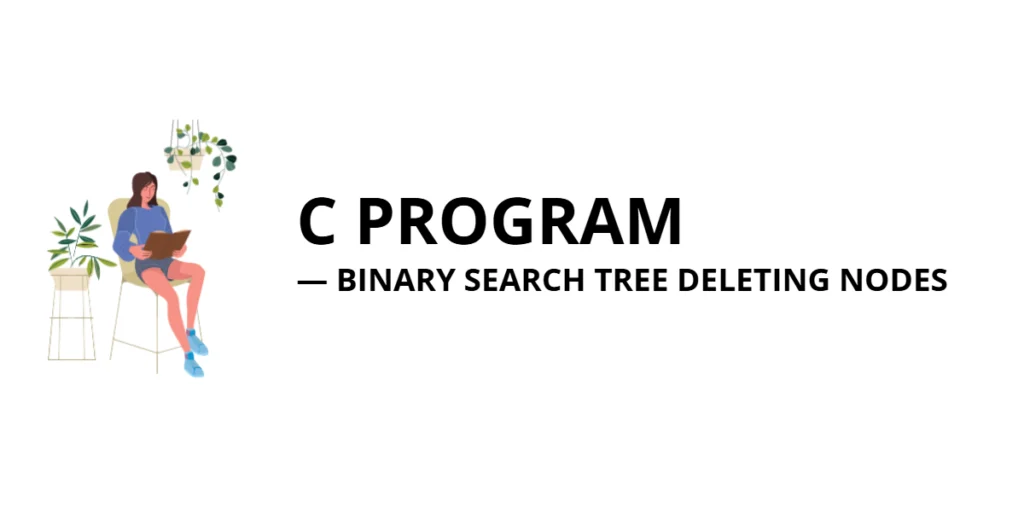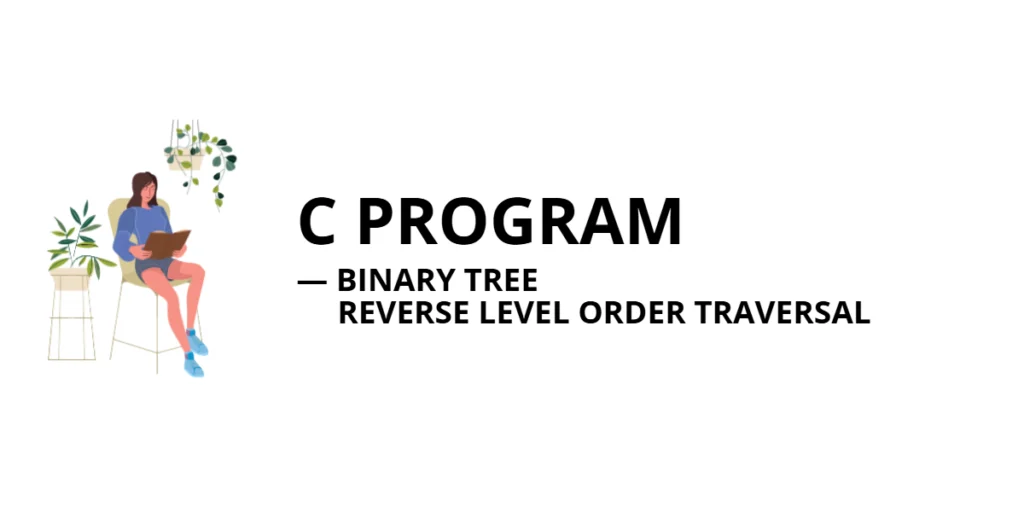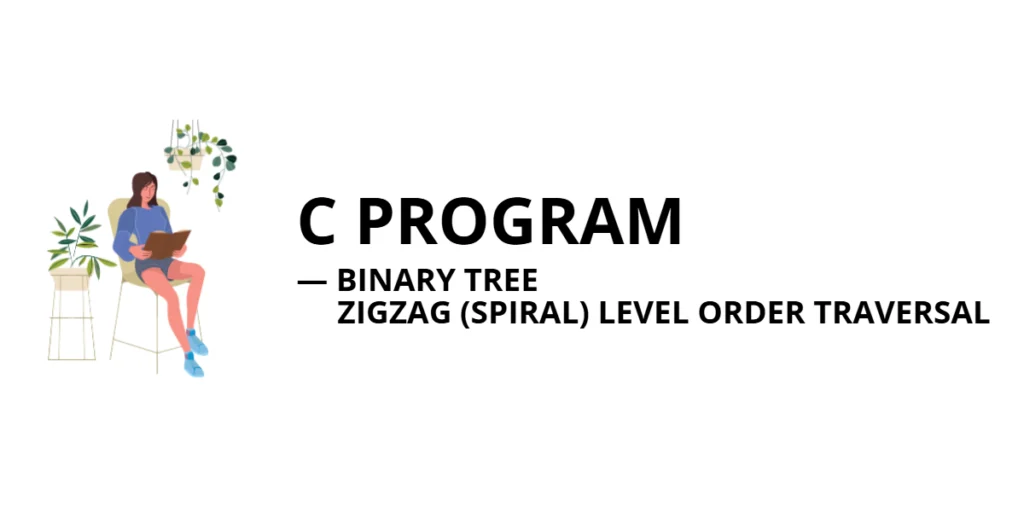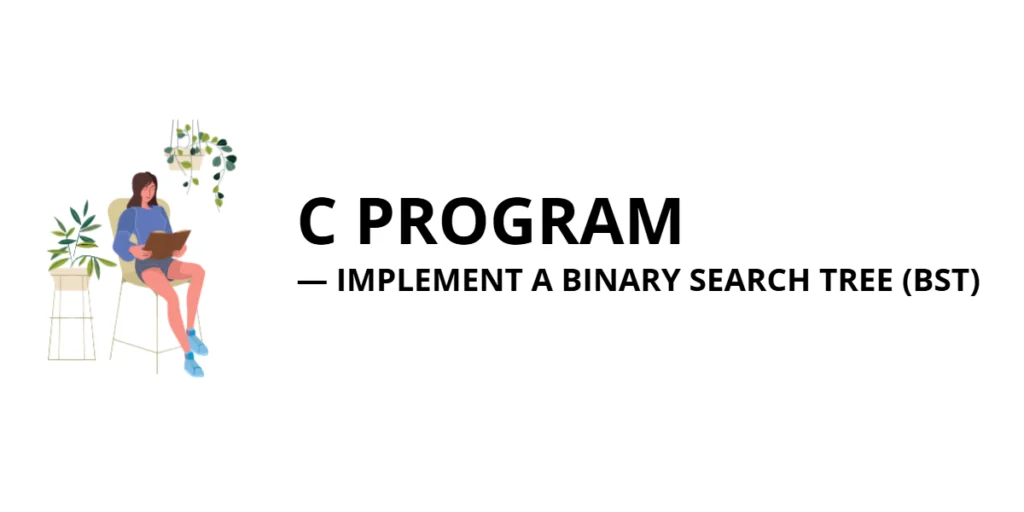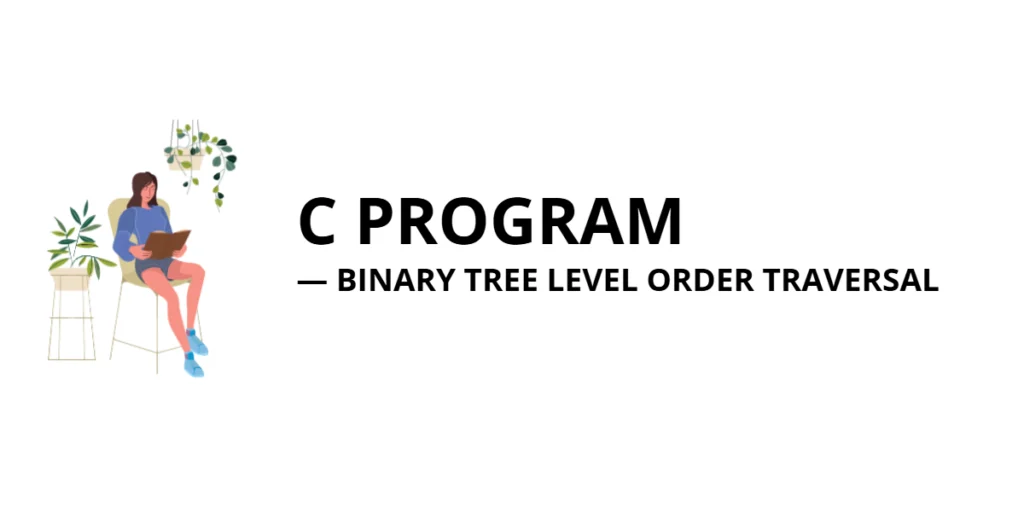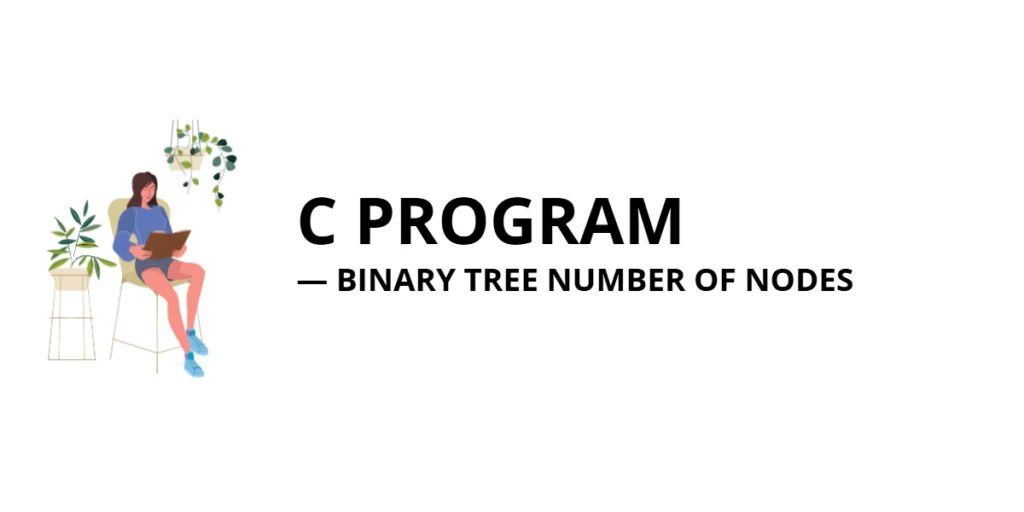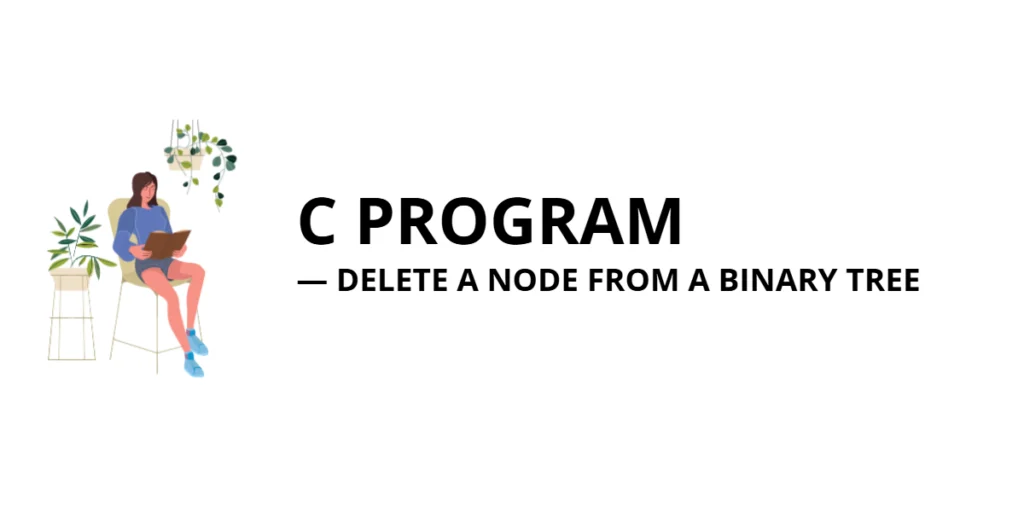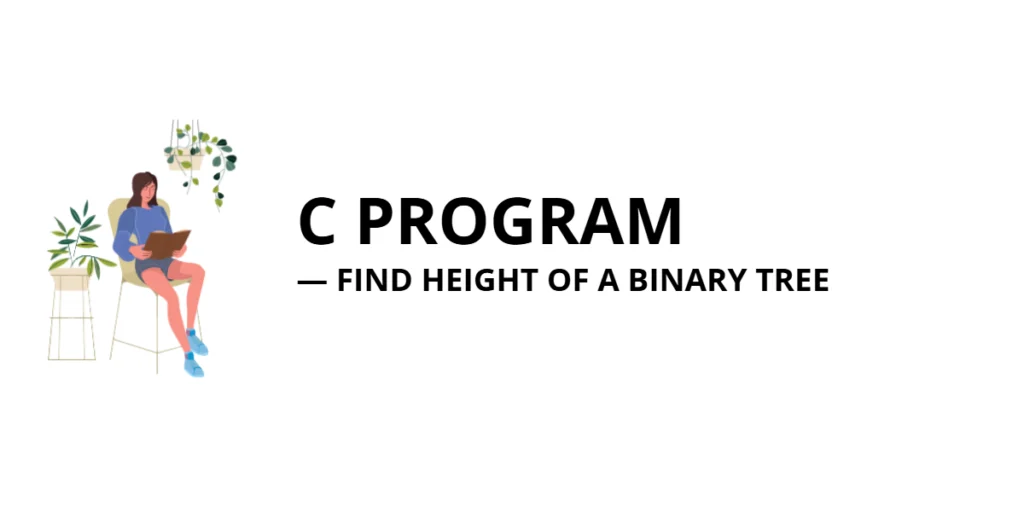C Program to Implement BFS and DFS in a Graph
Graph traversal is a fundamental operation in computer science, used in networking, AI, and pathfinding. Breadth-First Search (BFS) explores neighbors level by level, making it ideal for finding the shortest path in unweighted graphs. Depth-First Search (DFS) explores as far as possible along each branch before backtracking, which is useful for connectivity, topological sorting, and […]
C Program to Implement BFS and DFS in a Graph Read More »
